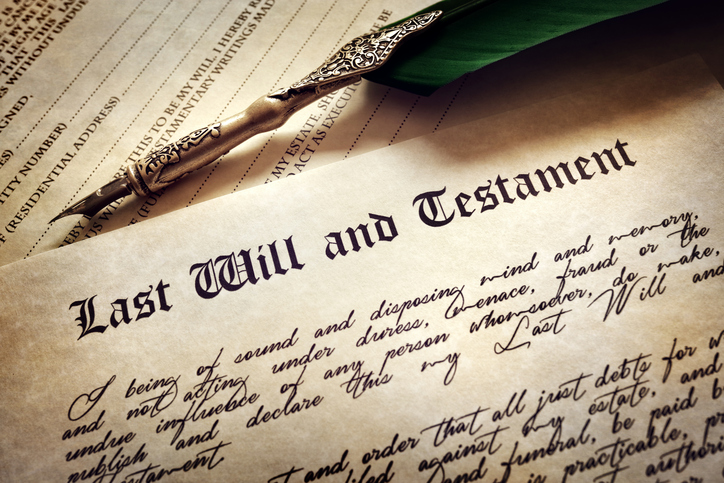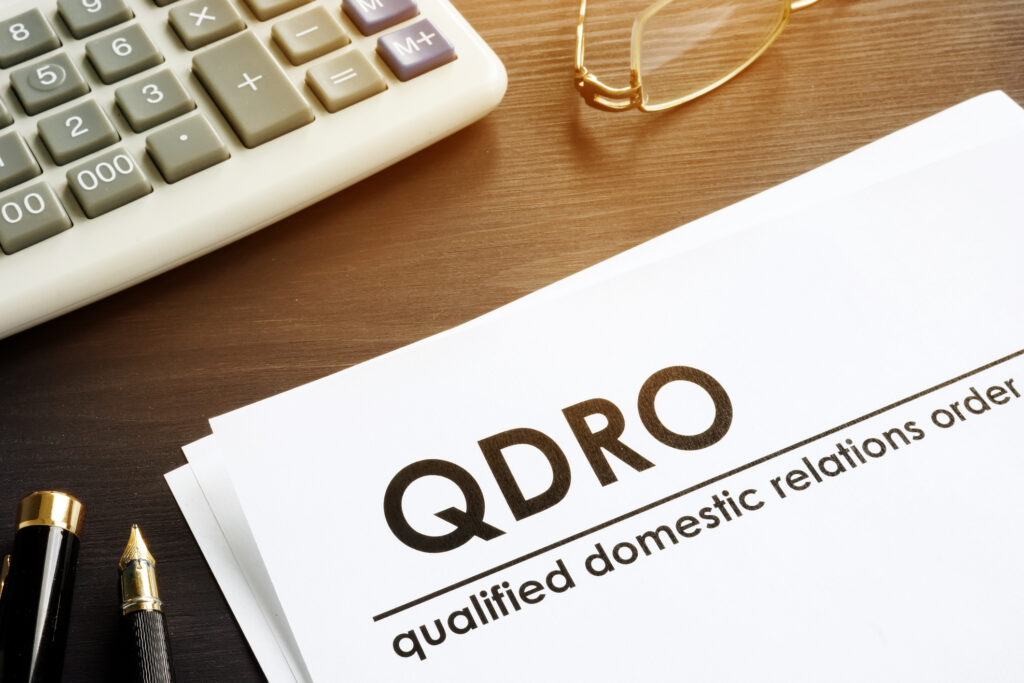Understanding the Montgomery County Administrative Accelerated Rehabilitative Disposition (ARD) Program
Montgomery County Administrative Accelerated Rehabilitative Disposition (ARD) is a pre-trial diversion program offered by the District Attorney’s Office (DA) to people with limited or no prior criminal conviction history. ARD generally lasts six (6) to twenty-four (24) months. The admission to ARD by the DA is discretionary, and a judge must formally admit a participant. Participants need to complete both mandatory and discretionary conditions to be accepted into the ARD Program.
The following criminal charges are eligible for ARD:
- Misdemeanor-level drug crimes – This includes drug possession of certain lower-classified drugs without the intent to distribute them.
- Check fraud – Creating, using, and/or distributing falsified checks to acquire, borrow, or replicate funds.
- Credit card fraud – The unauthorized taking, replicating, and/or use of someone else’s credit card information or account to make purchases.
- Forgery – Copying someone’s signature is illegal, but it depends on the circumstances and for what documents someone’s signature was forged. A forgery charge’s ARD status goes on a case-by-case basis.
- Petty theft – Taking someone’s property without permission, breaking into their home, or injuring them. Robbery involves stealing by force and would not count as petty theft and is not eligible for the ARD program.
- Shoplifting – Stealing from a store while pretending to be a customer. This is similar to petty theft in that nothing was stolen by force or by breaking into someone’s establishment.
- Embezzlement – Stealing, hiding, or misappropriating someone else’s or an entity’s funds. The effect this has on other people, how much it was embezzled, where the funds went, and what they were for all effect someone’s eligibility for the ARD program.
- Driving-under-the-influence (DUI/DWI) – If you drive under the influence, and it leads to no one being harmed other than yourself and your own property, you are eligible for the ARD program. If you damage someone else’s property, but no one’s physical person, you might still be eligible.
- Vandalism/intentional property damage – This is intentional damage like graffiti, keying someone’s car, egging someone’s property, slashing someone’s tires, and/or defacing public benches.
- Insurance Fraud – If you file a false claim with your auto or homeowners’ insurance.
The conditions to enter the ARD include:
- Waiver of the appropriate statute of limitations, such as the right to a speedy trial under Rule 600; and
- Completion of a Crime Reporting Network (CRN) evaluation; and
- Completion of rehabilitative programs such as anger management and community service; and
- If you are charged with DUI must also complete an Alcohol Highway Safe Driving Course and DUI Drug & Alcohol Evaluation; and
- If you charged with DUI you will have a 60 day license suspension aftre successfully entering the ARD Program. You will receive notice by mail from PENDOT ( Pennsylvania Department of Transportation).
- Begin a six-to-twelve-month period of supervision by the Adult Probation and Parole Office (“APPD”) after entering the program. Keep in mind if you are on a payment plan your period of supervision will not end until you have all paid all your fines and costs.
Applicants and their counsels must also attend a preliminary hearing which will be waived as well as a pre-trial conference, and the final court date to officially enter the program. The Pre-trial conference typically a month after the Arraignment date. However, if you complete all the requirements listed above and pay the fines and court costs a week prior to the third and final court date you do not have to attend the final court date. If you cannot afford to apply all the fine and costs you can apply for a hardship waiver from the District attorney and if approved, you can get a payment plan through Court Administration. The fines and costs are due, which are between 1,650 and $2,000.
Keep in mind if an ARD participant is arrested and/or convicted of a new criminal offense or fails to satisfy all ARD conditions imposed between the arraignment date and final court date, they will be thrown off the program. Then all the charges could be listed for trial. However, participants successfully completing the ARD program can have their charges expunged from their criminal history after receiving their ARD Completion Letter.
If you are charged with one of the ten listed non-violent criminal offenses or have any questions about the ARD Program, please call Shintia Z. Riva at 610-521-0604.
















